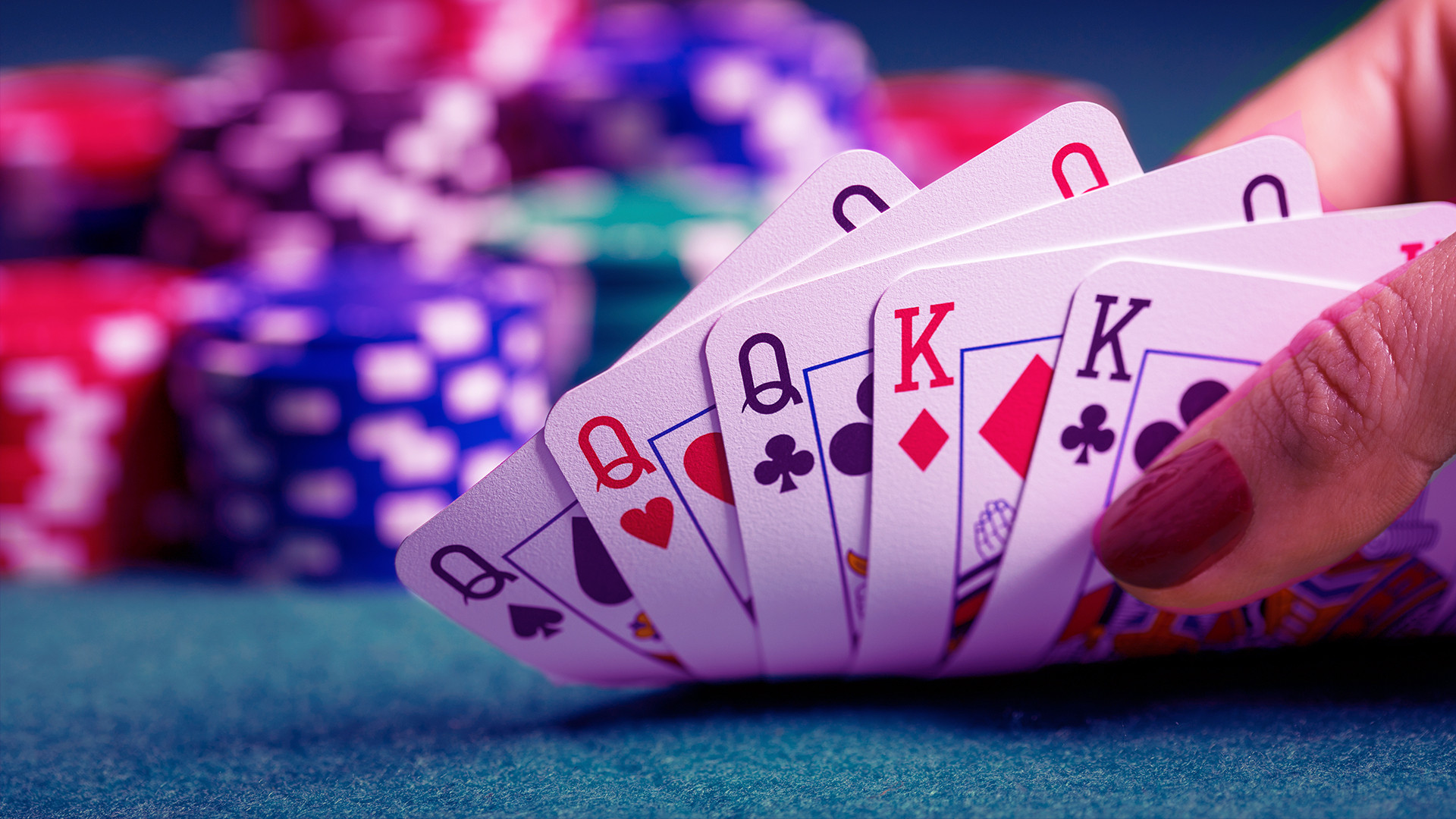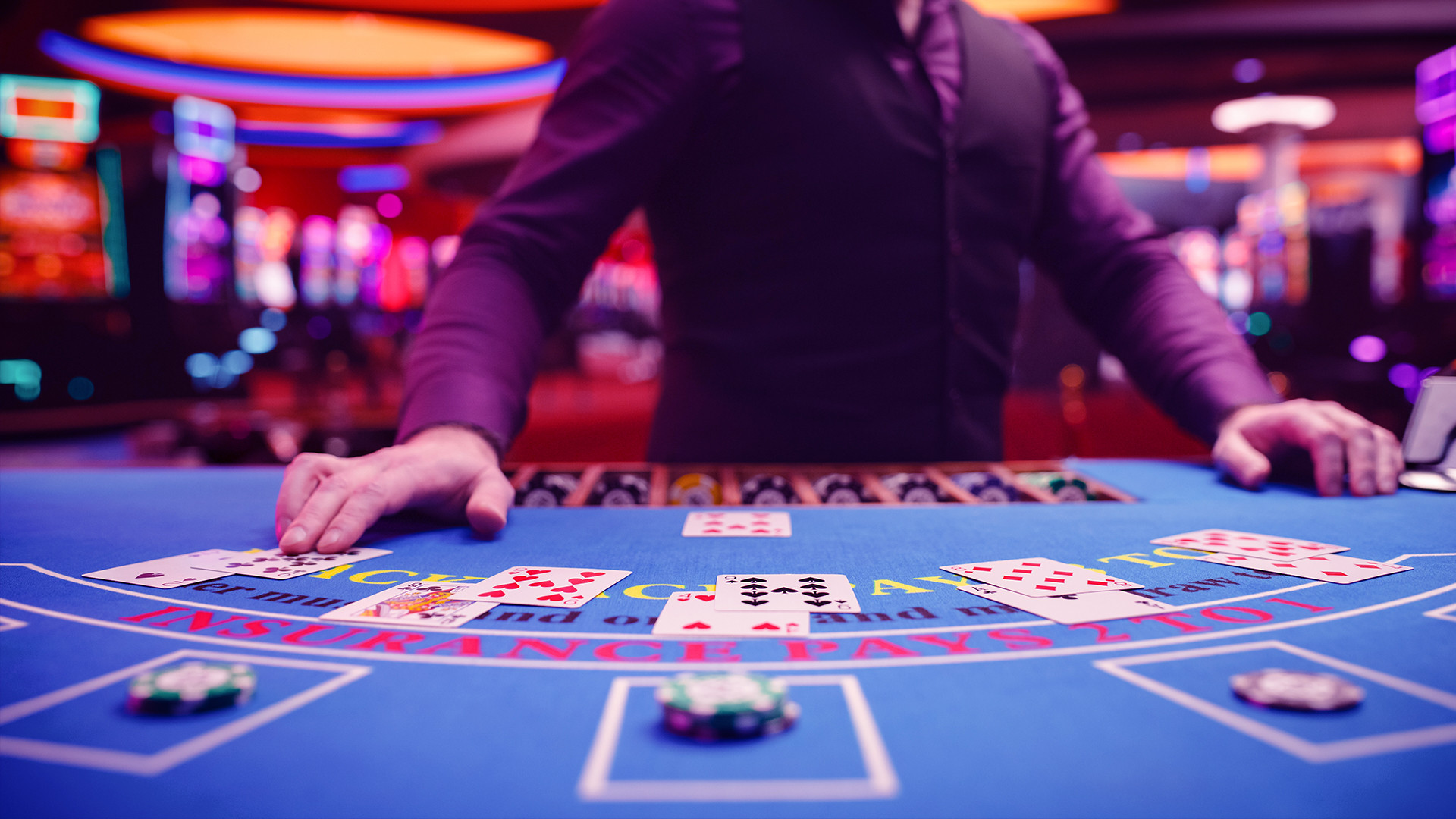
What Is Double Down In Blackjack?
Blackjack is a game of luck, but skill can influence the outcome, especially decisions on how to proceed in the middle of the hand. After the initial two cards are dealt, most players think about whether they should stand or hit. However, there are also other options available and doubling down is often viewed as a risky proposition with the potential for big rewards in this [Iive casino game)(/live-casino)
Making an informed decision about doubling down in blackjack creates a balance between playing safe and maximising potential winnings. This guide will discuss the concept of doubling down and offer optimal strategies. Prepare yourself for the next blackjack game by learning the advantages and drawbacks of doubling down.
What Does Double Down Mean in Blackjack?
Double down is an extra bet in live blackjack games, enabling you to add another bet, equal to the first wager, but in the middle of the hand, when you can receive one more card to complete your hand.
This bet can increase the payout for that hand, effectively doubling the amount, but the catch is you have to stand after taking another card. It's a good bet when you feel confident you have a winning hand. However, at the same time, this is a risky option, motivating players to put more money on the line and lose twice as much as the initial bet if the dealer beats your hand.
Most blackjack games allow double down under any circumstances, while some games permit this bet only for specific hand values. For example, hands with a total of nine, ten, or eleven. However, this is a rare condition and most blackjack games offer a double down bet regardless of the initial cards total. Checking the game info is the best option to discover these details and learn the rules.
Can You Double Down On Any Hand In Blackjack?
There is only one opportunity to double down, and that's the moment after the initial two cards are in your hand. The formula for resolving the dilemma is that it is advantageous to double down with a given hand or forget about this bet option is alleviated by several strategies that take into account mathematical probability for success with a given combination of cards or what the dealer is holding.
How Does Double Down Work in Blackjack?
Most seasoned gamblers have adopted three approaches to deciding if doubling down is a favourable option. Each of those scenarios can allow you to have a strong hand.
When Your Cards Value Is 11
It's not possible to bust with 11. Having a hand with a total value of 11 is the best position to hit 21, and even if you fall short of the magical number, you are still in a good spot to get a value closer to 21.
Holding a Soft 16, 17 or 18
Soft hand means you have an Ace in the mix, which can morph between values of 1 and 11 depending on the other cards. Although it might seem a good option to stay on a soft 18, a single card can improve chances to win, especially if the dealer has a weak up card.
When You Have a Hard 9 or 10
In blackjack, a hard hand does not contain an Ace, and that's good news for proceeding with doubling down, especially if the croupier is showing a low card with a value lower than 7. Things don't always go the desired way in blackjack, but this is a good table situation for doubling down.
When Not to Double Down in Blackjack
Gut feeling is not the way to go when facing a decision to double down. Several situations can be interpreted as red alarms for making this extra bet.
When the Croupier Has an Ace
An Ace can enhance the dealer’s chances of hitting a winning hand. The Ace shifts the odds in the croupier’s favour, and in this situation, it's smart to avoid doubling down, the risk is too high.
Never Double Down With a Hand Total Over 11
Asking for another card when your hand’s total value exceeds 11 increases your chances of busting. Being safe is the wise course of action.
Do Not Chase Losses
When on a losing streak, players get tempted to recoup their losses via all possible means, but doubling down is not the solution to bounce back. It can only pile up additional losses because you are betting double amounts.
Is There a Strategy for Doubling Down?
There is no vetted strategy for guaranteed results with doubling down. Some of the suggestions offered above outline situations when this extra bet can provide a higher probability of beating the dealer and doubling your money. The best strategy is to assess the potential of your hand properly, and account for the dealer face-up card. Balancing these two segments is crucial to make a decision.
The Good and Bad of Doubling Down
There is a good reason doubling down is perceived as a high-risk but potentially rewarding bet. It’s a side bet and should be used only at the opportune moment. Let’s look at a few important considerations outlining the positive and negative aspects of using this betting strategy in blackjack.
Pros:
- High potential payout: You can double your money on one hand.
- Recover some losses: If you experienced a few losing hands, you can potentially recoup some losses by doubling down on a strong hand.
- Benefiting from a favourable situation: Doubling down offers a way to get the most out of a situation if you have a strong hand and the dealer is a weak up-card,
- Build confidence: Making sound judgments when doubling down improves your confidence.
Cons:
- Risk losing additional money: If you lose the hand after doubling down, you'll lose twice the amount you would have if you hadn't doubled down.
- It’s addictive: Few wins can make it an impulsive habit, leading to bad outcomes.
- No guarantees: You can always lose when doubling down, and in some situations, it's more appropriate to stand or just hit
